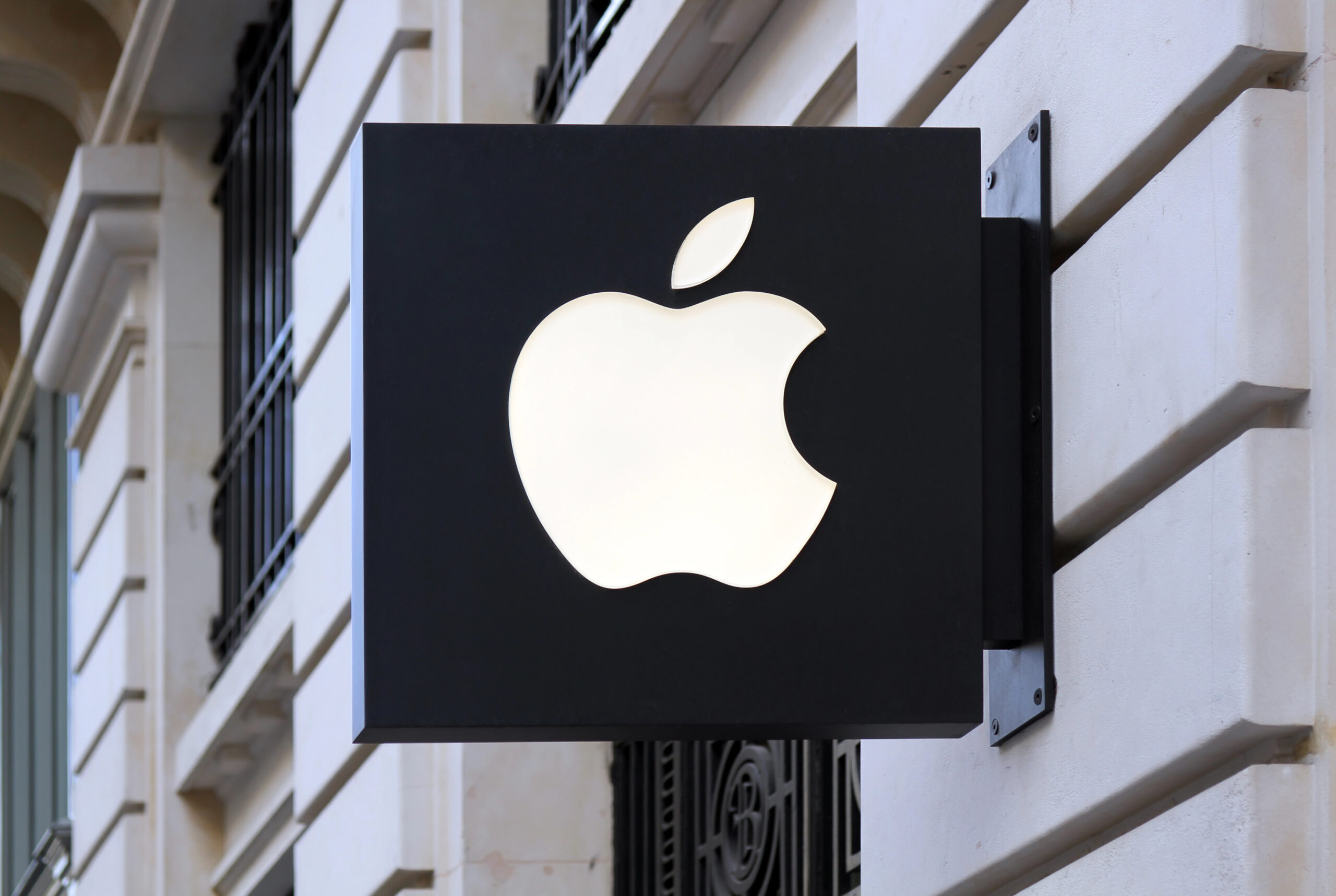Indonesia’s recent ban on Apple’s iPhone 16 is a stark reminder of the challenges multinational corporations face. Despite Apple’s substantial $1 billion investment pledge to lift the ban, the tech giant finds itself unable to penetrate the Indonesian market due to stringent local content requirements. This article delves into the intricacies of Indonesia’s 40% local sourcing mandate for smartphones and examines how Apple’s proposed AirTag production facility falls short of meeting these criteria. You’ll gain insight into the delicate balance between attracting foreign investment and fostering domestic manufacturing, as well as the potential implications for both Apple and Indonesia’s burgeoning tech ecosystem.
Apple’s Billion-Dollar Bet on Indonesia to Lift Ban

A Strategic Investment to Lift the Ban with Mixed Results
Apple’s decision to invest $1 billion in Indonesia represents a significant commitment to this burgeoning market of 280 million potential consumers. This sizeable investment underscores the tech giant’s recognition of Indonesia’s growing importance in the global smartphone industry. However, the move has yielded mixed results, failing to secure approval for iPhone 16 sales in the country.
Efforts to Lift the Ban Lies in Navigating Local Content Requirements
The crux of Apple’s challenge lies in Indonesia’s stringent local content regulations. These rules mandate that 40% of smartphone components must be sourced locally—a hurdle that Apple has yet to clear. The company’s proposal to establish an AirTag production facility on Batam Island, while substantial, fell short of meeting the specific requirements for smartphone manufacturing.
Balancing Global Strategy and Local Demands
This situation highlights the delicate balance multinational corporations must strike between global production strategies and local regulatory compliance. Apple’s investment, while significant, doesn’t directly address Indonesia’s smartphone-specific local content requirements. As negotiations continue, the tech giant faces the challenge of adapting its global supply chain to meet Indonesia’s unique demands, potentially setting a precedent for its operations in other emerging markets with similar regulations.
Indonesia’s Stringent Local Content Rules
Indonesia’s local content regulations for smartphones are among the most demanding globally, reflecting the nation’s commitment to fostering domestic manufacturing and attracting foreign investment. These rules require that at least 40% of components in smartphones sold within the country be sourced locally, presenting a significant challenge for international tech giants like Apple.
The 40% Threshold
The cornerstone of Indonesia’s policy is the 40% local content requirement. This ambitious threshold aims to:
Stimulate domestic manufacturing growth
Create job opportunities for Indonesian workers
Encourage technology transfer to local industries
Reduce reliance on imported components
For multinational companies, meeting this requirement often necessitates substantial investments in local production facilities or partnerships with Indonesian suppliers.
Implications for Foreign Companies
The stringent nature of these regulations has far-reaching consequences for foreign tech firms. Companies must carefully weigh the costs and benefits of complying with these rules against the potential of accessing Indonesia’s vast consumer market of 280 million people. This balancing act often leads to complex negotiations and strategic decisions, as evidenced by Apple’s current predicament with the iPhone 16.
As Indonesia continues to enforce these regulations rigorously, it sends a clear message to the global tech industry: participation in this burgeoning market comes with the expectation of significant contributions to the local economy.
The Challenges of Complying with Local Regulations
Navigating Complex Requirements
Multinational companies like Apple often face significant hurdles when trying to enter or maintain a presence in foreign markets. Indonesia’s strict local content regulations exemplify the complex landscape these firms must navigate. With a mandate for 40% locally sourced components in smartphones, companies are forced to reconsider their global supply chains and manufacturing strategies.
Balancing Global Standards and Local Demands
For tech giants accustomed to standardized production processes, adapting to country-specific requirements can be both costly and time-consuming. Apple’s proposal to produce AirTags in Indonesia demonstrates the company’s willingness to invest but also highlights the disconnect between global business models and local expectations. This situation underscores the delicate balance companies must strike between maintaining their brand identity and meeting diverse regulatory demands.
Long-term Implications for Market Access
The ongoing ban on iPhone 16 sales in Indonesia serves as a stark reminder of the potential consequences of non-compliance. For a market of 280 million consumers, the stakes are high. Companies must weigh the costs of adaptation against the potential lost revenue and market share. This scenario raises questions about the long-term viability of stringent local content rules in an increasingly interconnected global economy, and how multinational corporations might influence policy changes through strategic investments and negotiations.
The Potential Impact of the iPhone 16 Ban
Economic Consequences for Apple
The ban on iPhone 16 sales in Indonesia could have significant financial repercussions for Apple. With a population of 280 million, Indonesia represents a substantial market for smartphones. Losing access to this growing consumer base may impact Apple’s global sales figures and market share in Southeast Asia. Additionally, the company’s $1 billion investment in the country might not yield the expected returns if it cannot sell its flagship product.
Implications for Indonesia’s Tech Ecosystem
While the ban aims to boost local manufacturing, it may have unintended consequences for Indonesia’s tech sector. The absence of the latest iPhone model could potentially slow the adoption of cutting-edge mobile technologies and apps in the country. This might affect local developers and tech startups that rely on access to the newest hardware capabilities to innovate and compete globally.
Ripple Effects on International Trade Relations
The ongoing standoff between Apple and Indonesian regulators could set a precedent for other multinational tech companies. It may influence how global firms approach local content requirements in emerging markets. This situation might also impact broader trade discussions between Indonesia and other nations, potentially affecting future foreign investments in the country’s tech sector.
The Future of Apple’s Presence in Indonesia
Navigating Regulatory Challenges
As Apple grapples with Indonesia’s stringent local content requirements, the tech giant faces a critical juncture in its relationship with this burgeoning market. The company’s $1 billion investment proposal, while substantial, has failed to address the core issue of smartphone component localization. This impasse highlights the complexities multinational corporations encounter when expanding into emerging economies with protectionist policies.
Potential Strategies for Compliance
To overcome this hurdle, Apple may need to reconsider its approach. Possible strategies could include:
Partnering with local manufacturers to produce iPhone components
Investing in research and development facilities that contribute directly to smartphone technology
Expanding its existing developer academies to include hardware engineering programs
These initiatives could potentially satisfy Indonesia’s 40% local content mandate while aligning with Apple’s quality standards and innovation goals.
Long-term Implications for the Tech Industry
The ongoing negotiations between Apple and Indonesian authorities serve as a bellwether for other tech companies eyeing expansion in Southeast Asia. The outcome of this standoff could set a precedent for how global tech firms navigate local content regulations in emerging markets. As Indonesia seeks to bolster its domestic manufacturing sector, the resolution of this dispute may shape the future landscape of international tech investments in the region.
Closing Remarks
In conclusion, you have witnessed the complex interplay between global business strategies and national economic policies. Apple’s significant investment, while substantial, has not been sufficient to overcome Indonesia’s stringent local content requirements. This impasse highlights the challenges multinational corporations face when navigating diverse regulatory landscapes. As Indonesia stands firm on its regulations, it sets a precedent for other emerging markets seeking to boost domestic manufacturing. The outcome of this situation will likely influence the future strategies of tech giants operating in developing economies. It remains to be seen how Apple and other companies will adapt their approaches to meet such localization demands while maintaining their global business models.
More Stories
BDx Indonesia Secures 30MVA Power Deal to Expand AI and Data Center Infrastructure
BDx Indonesia secured a 30 megavolt-ampere (MVA) power deal made with PT PLN, Indonesia’s state-owned electricity provider.
Alibaba Cloud Expands AI Infrastructure with Second South Korea Data Center
Alibaba Cloud plans to launch a second data center in South Korea by June 2025 to significantly strengthen its AI infrastructure.
Huawei CloudMatrix 384 Pushes Boundaries in AI Supercomputing
Huawei launched CloudMatrix 384, a major advancement in AI supercomputing which features 384 Ascend 910C NPUs and 192 Kunpeng CPUs.
Zoho Solo Now Optimized for iPads and Tablets
Zoho optimized its Solo platform for iPads and Android tablets, bringing powerful features to a mobile-friendly format. As a solopreneur, you can now enjoy a seamless and integrated experience.
Yum China Empowers Store Managers with Hands-Free AI Assistant Q Smart
Yum China introduces Q Smart, an AI assistant designed to empower store managers and delivering real-time support for daily operations.
Adobe Project Indigo Reinvents iPhone Photography with Computational Precision
Adobe Project Indigo, stands poised to redefine the boundaries of what’s possible on an iPhone. As a sophisticated camera app, it leverages state-of-the-art computational techniques to elevate your photographic experience beyond mere snapshots.


